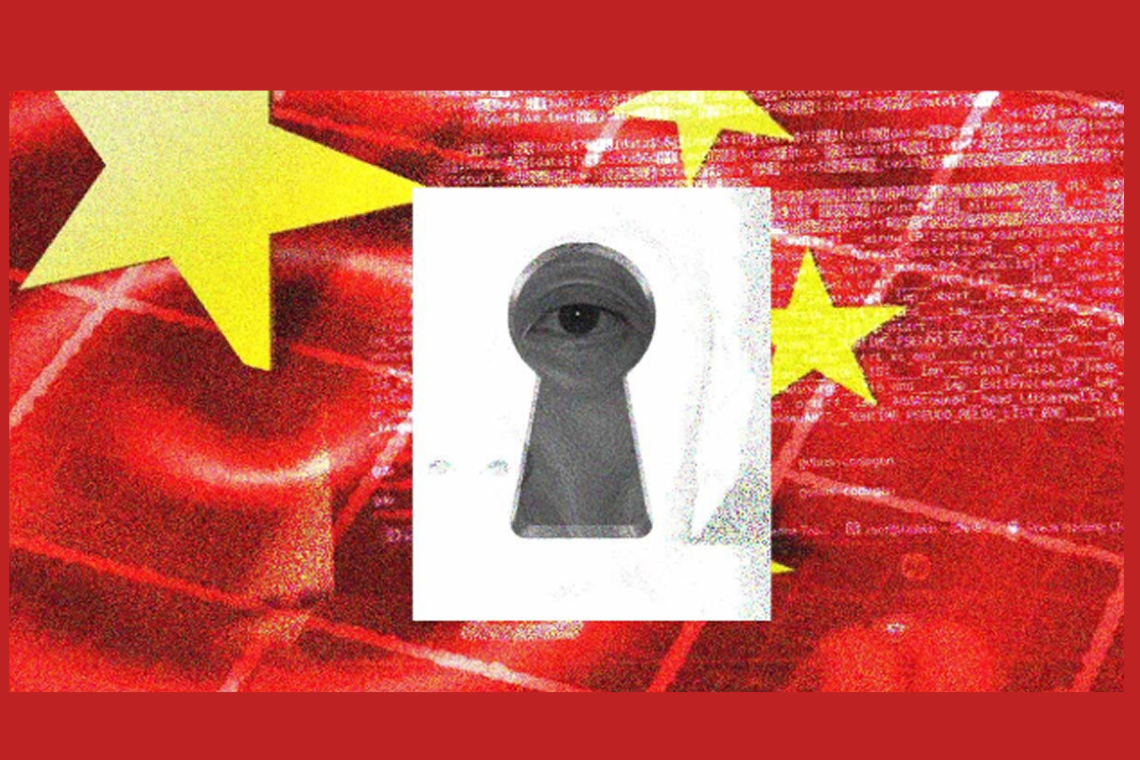A new report from the Tech Transparency Project (TTP) reveals that millions of Americans are using free VPN apps
that secretly route their internet traffic through Chinese-owned companies, including firms with ties to China’s military. These apps, many of which conceal their Chinese ownership, have been downloaded over 70 million times in the U.S., raising major privacy and security concerns.
Key Findings of the Report
- 1 in 5 of the top 100 free VPN apps in the U.S. App Store are secretly owned by Chinese entities.
- Many of these VPNs are controlled by subsidiaries of Qihoo 360, a company designated as a “Chinese Military Company” by the U.S. Department of Defense.
Some of the most popular apps linked to China include:
- Turbo VPN (Ranked 13th)
- VPN Proxy Master (Ranked 12th)
- Thunder VPN (Ranked 60th)
- Snap VPN (Unranked)
- X-VPN (Ranked 4th for iPhone/iPad in 2024)
- VPNIFY (Ranked 25th)
- VPN Bucks (Ranked 22nd)
- Several others, including WireVPN, Ostrich VPN, Hula VPN, Speedy Quark VPN, and Now VPN.
Why This Is a Major Concern
- Chinese Intelligence Laws: Companies in China are legally required to cooperate with state intelligence agencies, meaning user data from these VPNs can be accessed by the Chinese government.
- Hidden Ownership: None of the 20 Chinese-owned VPNs disclosed their ties to China, and some deliberately hid their ownership through shell companies.
- Potential for Surveillance: VPNs are supposed to protect user privacy, but if controlled by a foreign government, they could monitor, store, or misuse user data, defeating the purpose of using a VPN.
- Apple’s Policy Enforcement Lapses: Despite Apple's strict privacy policies, many of these apps remain in its App Store, and some have also spread to other Western markets, such as France.
What Should Users Do?
- Avoid free VPN apps unless they come from a trusted provider. Many free VPNs monetize user data, and in this case, could expose it to foreign intelligence agencies.
- Research the VPN provider before downloading. Look for transparency in ownership, independent security audits, and clear privacy policies.
- Consider paid, reputable VPNs that do not have hidden ties to governments with aggressive surveillance practices.
- Check app permissions—if a VPN requests unnecessary access (e.g., to your contacts, location, or camera), it’s a red flag.
This report highlights the importance of due diligence when choosing a VPN provider—just because an app is on Apple's App Store doesn’t automatically mean it’s safe.
Found this article interesting? Follow us on X(Twitter) and FaceBook to read more exclusive content we post.


